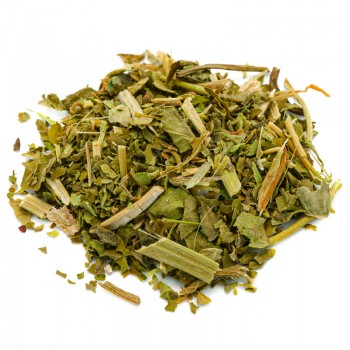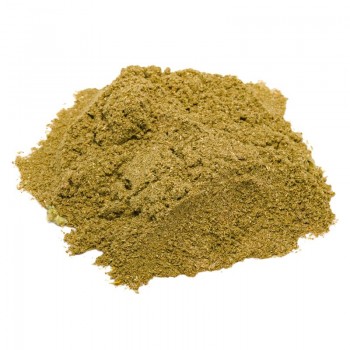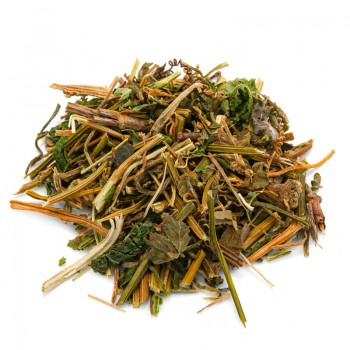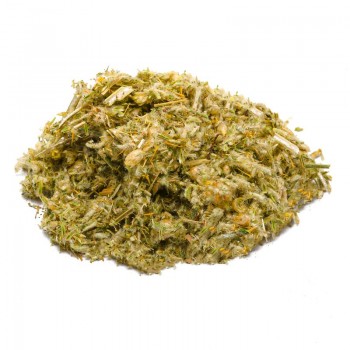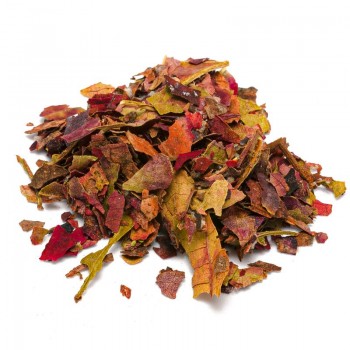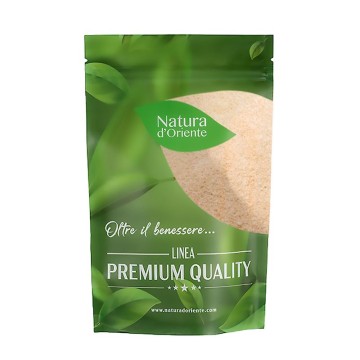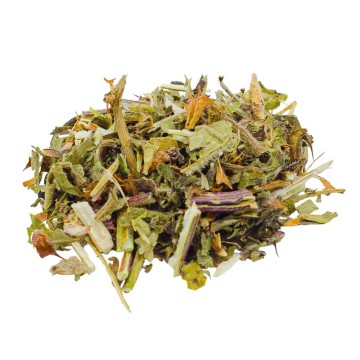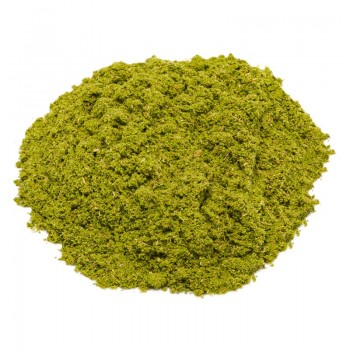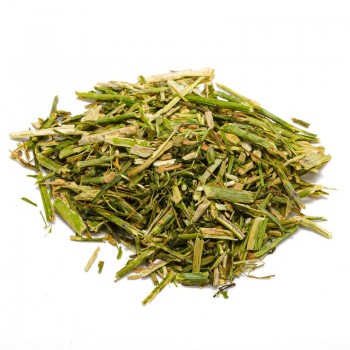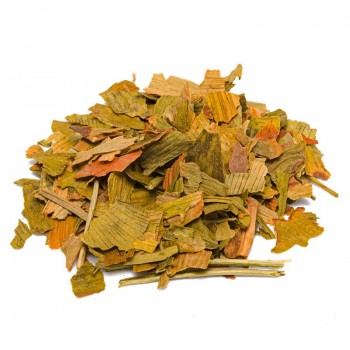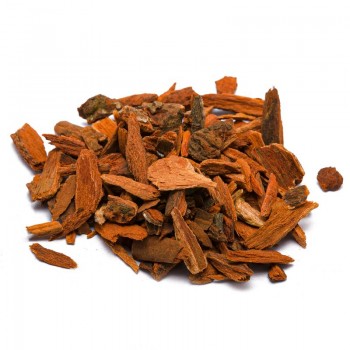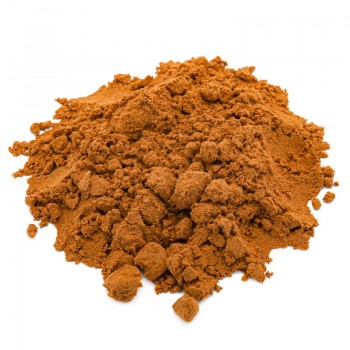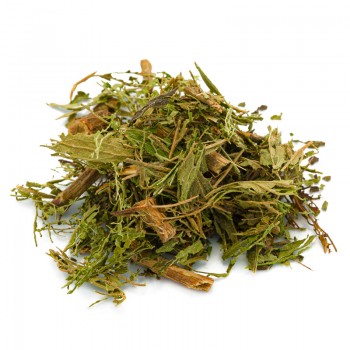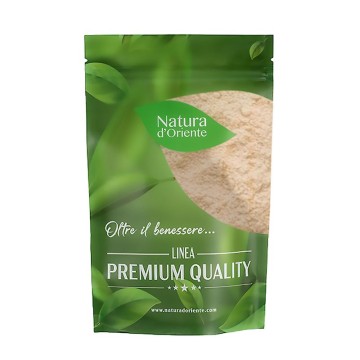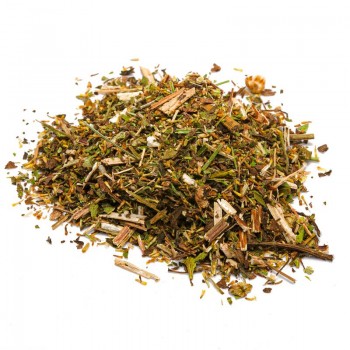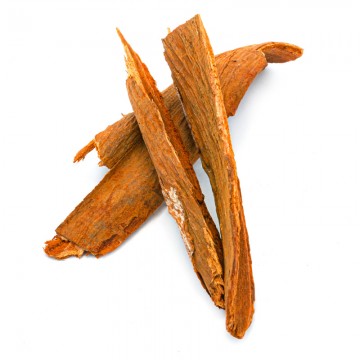Equisetum arvense is also called horsetail, it grows in humid environments and is one of the most used medicinal herbs since ancient times. It contains a significant amount of therapeutic properties for our well-being, including its powerful diuretic and purifying action.
Horsetail: properties and benefits
If in ancient times it was used as a medicinal herb, horsetail owes it to its many properties. It is a plant that from its leaves can give our body useful nutrients, and provide beneficial actions for health.
First of all, it is known as a diuretic plant, which promotes diuresis and counteracts the states of water retention. It therefore purifies the body, helping the well-being of the liver and digestive system.
The oriental herbal tradition that sees this plant as hepatoprotective, has been studied through the action of some antioxidant substances ( flavonoids, phenols , etc.) which have shown a protective and purifying capacity of the liver.
Regulating diuresis, eliminating toxins or harmful substances such as uric acid, is essential for health, and the intake of horsetail helps to achieve this.
Avoiding water retention and promoting diuresis and the detox effect, is an advantage that can also lead to the loss of swelling, counteracting cellulite.
Furthermore, the beneficial activity of horsetail is traditionally known through the chemicals contained in the leaves, with natural anti-inflammatory and antioxidant properties.
In terms of bone health, horsetail is a plant whose leaves in herbal tea allow to absorb the silicon contained. We know that silicon is a necessary mineral for bone and connective tissue. For this reason, horsetail is recommended for women in menopause, who risk thinning of the bones.
The fact that horsetail or horsetail contains silica and silicon also helps to strengthen hair and nails.
It is also an excellent source of the amino acid cysteine, which together with minerals such as selenium and silicon, can improve hair growth. Through these actions, it is possible to fortify the hair follicles, reduce hair loss, increase the shine of the hair.
Among the health benefits promoted by horsetail, there is that of supporting the study with the ability to concentrate and memory - thanks to the antioxidant effects of horsetail.
For those suffering from respiratory problems, such as cough, nasal congestion or frequent colds, drinking horsetail tea can be an expectorant solution. Helps eliminate mucus and phlegm that bacteria can grow in, while calming inflammation, and providing respiratory relief.
The beneficial action of horsetail externally is also known as a remedy for skin care. Silicon and other antioxidant compounds help prevent aging, while its soothing properties are useful against skin irritations.
Facilitates tissue reconstruction and helps heal wounds, thanks to the content of pectic and gallic acids in the horsetail. A quality of this plant, used in ancient times to stop bleeding wounds.
Origins and History of cultivation
The horsetail has a very ancient, prehistoric origin, and the plant first appeared in Europe.
It is, to date, the last remaining species of the genus Equisetum, ancient giant plants similar to ferns, already present on the planet over 300 million years ago.
It is a plant also known as horsetail, since its scientific name derives from the Latin equus (horse) and saeta (horsehair).
The word arvense (from arvum, field) is linked to the fact that horsetail grows in rural areas. In ancient times it was also called the devil's herb, because according to a legend, it was thought to have been created by him, combining existing plants.
In ancient times it was already used by the Sumerians, about 5000 years ago, to treat wounds, irritation and swelling, having a natural anti-inflammatory and soothing power on the skin.
It was a plant widely used by the ancient Greeks and Romans, as a medicine to treat various diseaseslogies, for example tuberculosis or kidney problems.
It has also been appreciated for strengthening bones, and for purifying the liver.
Later it was also famous for the ability of horsetail leaves to polish wood or metal, often powdered as a cleaning product.
Horsetail is still found in Italy today both in the Mediterranean area and in the subalpine area, along the banks of waterways, in humid and uncultivated land.
Plant and flowers
The Equisetum arvense plant is a perennial herb of the Equisetaceae family, and is part of the division of Pteridophytes: plants without flowers, fruits or seeds.
Sometimes considered a weed, it spreads quickly, and is similar to fern, with hollow, pointed stems and scaly leaves.
It grows up to about 30 centimeters in height, on wet ground, ditches and escarpments. From the creeping rhizome, stems free of chlorophyll are born, of a yellowish-white color which then becomes brown in the upper part. Here are the spores for the reproduction of the plant.
Only the part of the leaves of the plant is used for medicinal purposes
Nutritional values of Horsetail (Horsetail)
Horsetail contains antioxidant compounds such as flavonoids, saponins (equisetonoside), silica, oxalic acid and other phytochemicals that can have significant effects on our body.
Allows you to take vitamin C, potassium salts, phosphorus, phytosterols and tannins .
How to use Horsetail leaves in herbal tea
The infusion of Horsetail (Coda Cavallina), is obtained by putting in a cup (250 ml), about 3-5 grams of leaves in herbal tea cut, with water at 100 ° C.
Leave to infuse for 5 to 8 minutes, before drinking the herbal tea.
Add honey or sugar if desired.
Horsetail (Horsetail): side effects and contraindications
Horsetail is considered a safe medicinal herb, but can be dangerous when taken long-term due to an enzyme contained in the herb called thiaminase.
This enzyme breaks down thiamine (vitamin B1), making it useless; an abundance, could cause a thiamine deficiency.
The herbal tea, therefore, must be used moderately, in the recommended doses and with breaks between intake cycles.
There are some side effects to horsetail, but they generally only appear after taking this herbal tea for more than two months.
The use of the horsetail is not recommended for pregnant or breastfeeding women.

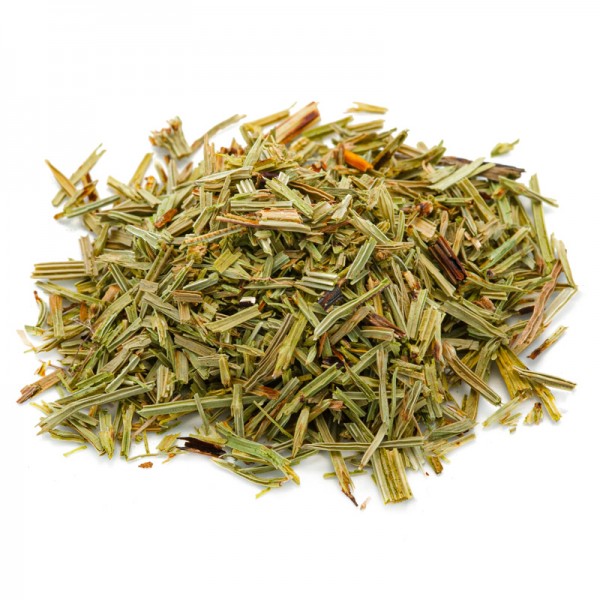









 No reward points for this product.
No reward points for this product.
